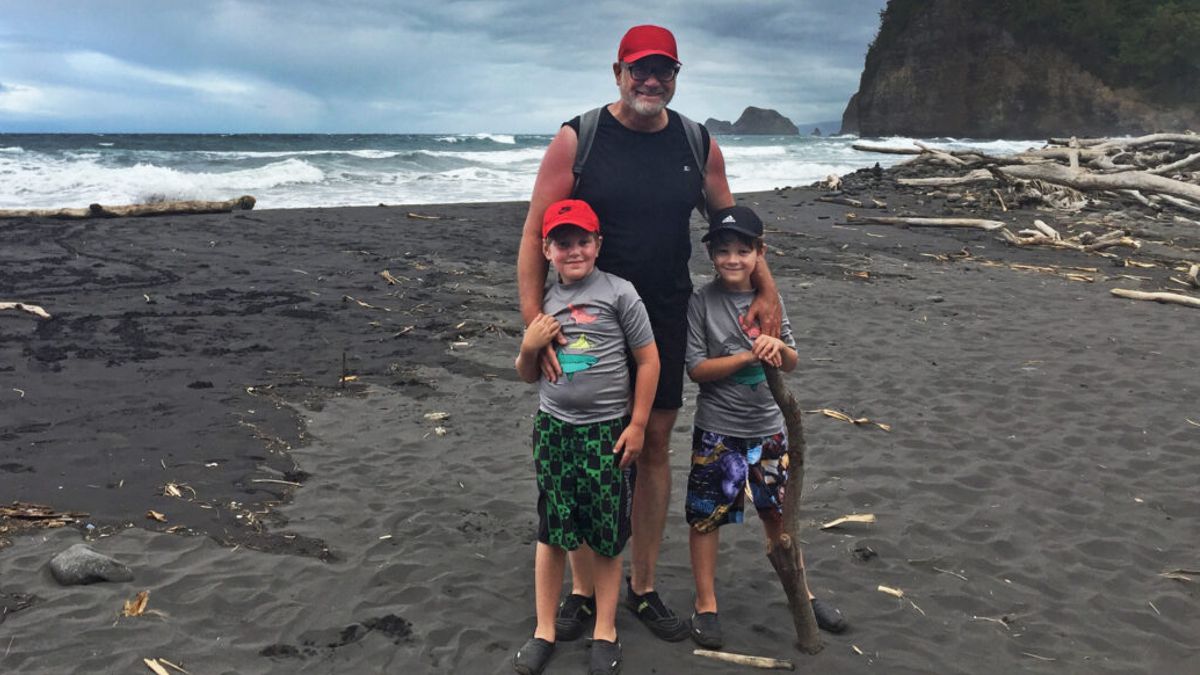Fears ex-wife may follow through on transitioning 10-year-old boy
The Texas Supreme Court denied a Texas father’s petition to bring his 10-year-old son home from California, where he fears the boy’s mother will chemically castrate the child under a new law.
Jeff Younger, who lives in the Dallas area, has been involved in a high-profile custody battle revolving around his ex-wife’s belief that their son James wants to be a girl. Younger rejects that assertion and said James rejected being female and did not wear dresses when visiting his home after the parents separated in 2015.
Younger sought help from Texas’ high court in December, seeking temporary emergency custody of James and his twin brother, Jude. He asked the Court to order their return to Texas after he discovered last month that his ex-wife, Anne Georgulas, who had temporary custody of their sons, had moved to California.
A law that went into effect Jan. 1 makes California a transgender sanctuary. Younger fears the new California law will override an earlier ruling that said James cannot be medically transitioned without his agreement or a new court order.
But on Dec. 30, the Texas Supreme Court ruled against Younger, saying he “misread” the California law.
“My children are now subject to being chemically castrated in California,” Younger posted on Twitter after receiving the news.
Sex-Change Sanctuary
Younger told The Epoch Times he plans to continue to fight for his sons, while pushing for change in Texas laws to protect children from sex-change hormones and surgery.
“The Supreme Court of Texas put my sons at risk. It was not in the best interest of my children to move into a transgender sanctuary jurisdiction like California,” he said of the ruling.
Texas Supreme Court Justice Jimmy Blacklock disagreed. Joined by Justice Evan Young, Blacklock wrote that California’s transgender sanctuary law, SB 107, targets other states’ laws, but not their court orders.
The distinction between another state’s law and the actions of another state’s courts is essential to understand the California law correctly, Blacklock wrote in the ruling.









